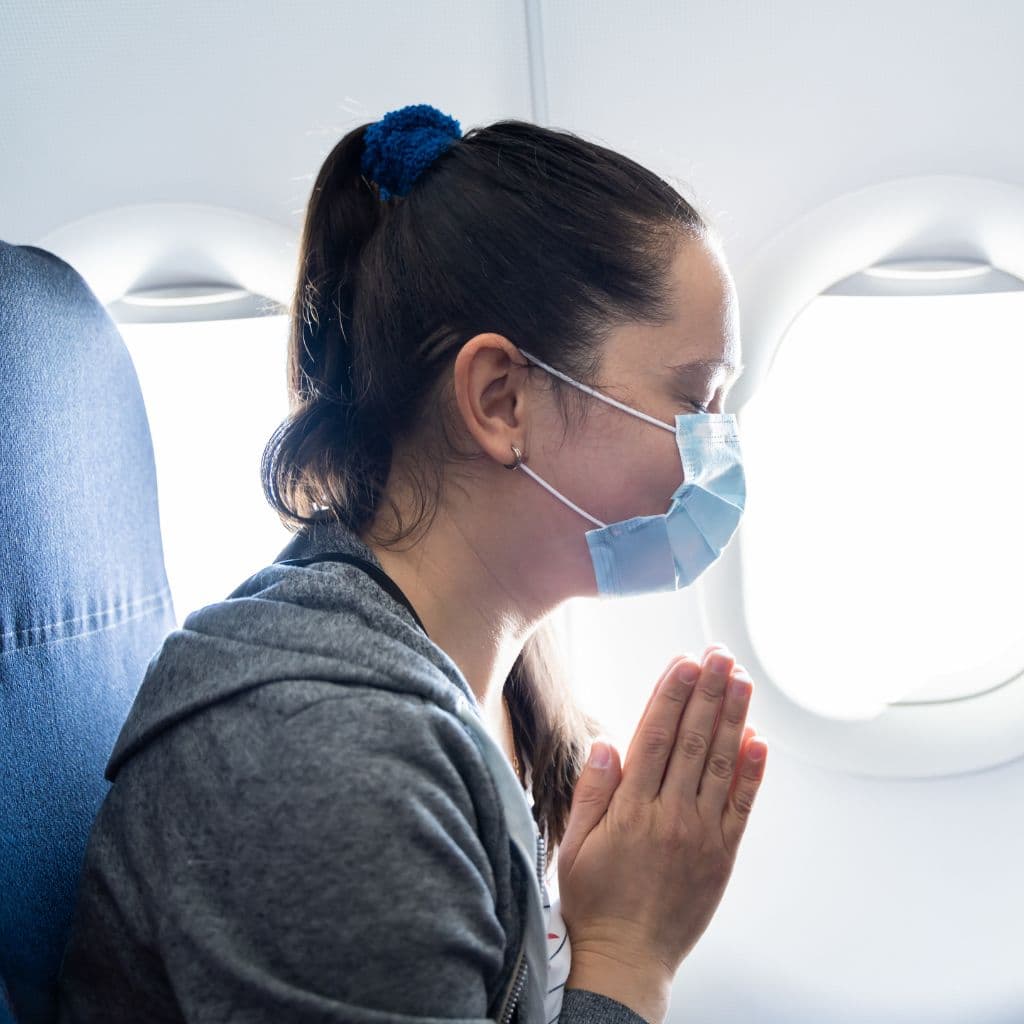Introduction to Anxiety Disorder Therapy

Quick Guide to Anxiety Disorder Therapy
IntroductionWhat is an Anxiety Disorder? Signs and Symptoms of Anxiety Disorders Do You Recognise These Common Signs of Anxiety? How Therapy Helps in Managing Anxiety Disorders Getting Help for Anxiety Disorders FAQs about Anxiety Disorders Final Thoughts on Anxiety Disorder TherapyOsimar Gonçalves
info@coralestherapy.com
(+44) 7928 648181
Facing anxiety can feel like trying to outrun a shadow—it seems to follow you everywhere, even when you feel exhausted. But you don’t have to face it alone. Our one-to-one sessions allow you to explore the root of your fears, understand your responses, and develop tools for peace and resilience. Together, we can work to lighten the weight of worry and help you reconnect with a sense of calm.
What is an Anxiety Disorder?
Anxiety disorders are among the most common mental health conditions, characterised by overwhelming fear, worry, or unease. Unlike regular feelings of worry or stress, anxiety disorders persist and can significantly impact everyday life, making social situations, decision-making, and even restful moments feel difficult. Common types of anxiety disorders include Generalised Anxiety Disorder (GAD), Panic Disorder, and Social Anxiety Disorder.
Therapy for anxiety helps individuals identify and understand the sources of their fears, develop healthier responses, and build resilience in the face of stress. By working together, we can break the cycle of anxiety and reclaim control over life’s challenges.
Exploring Anxiety and Its Roots
Anxiety often stems from a complex mix of life experiences, genetic predispositions, and individual thought patterns. Therapy offers a safe environment to explore these root causes and understand why certain situations trigger anxiety.
Supporting Long-Term Peace
Therapy doesn’t just address the symptoms of anxiety—it equips individuals with lifelong skills to manage and respond constructively to stress. Through practical techniques and coping strategies, therapy fosters calmness and confidence, helping you find balance even in uncertain moments.
Signs and Symptoms of Anxiety Disorders
Do You Recognise These Common Signs of Anxiety?
Constant Worry or Overthinking
Feeling unable to “turn off” worry, with thoughts that repeatedly focus on possible negative outcomes.
Avoidance of Social Situations
Fear of social gatherings or meeting new people, sometimes resulting in complete avoidance of social situations.
Physical Symptoms like Sweating or Rapid Heartbeat
Experiencing physical signs of anxiety, such as sweating, trembling, or a racing heart, often without a clear reason.
Trouble Sleeping or Restlessness
Difficulty falling asleep or staying asleep, often due to racing thoughts or feelings of unease.
Fear of Losing Control or Panic Attacks
Episodes of intense fear or panic, sometimes involving chest pain, dizziness, or feeling out of control.
If you recognise any of these signs, please reach out to us for support.
Quick Guide to Anxiety Disorder Therapy
IntroductionWhat is an Anxiety Disorder? Signs and Symptoms of Anxiety Disorders Do You Recognise These Common Signs of Anxiety? How Therapy Helps in Managing Anxiety Disorders Getting Help for Anxiety Disorders FAQs about Anxiety Disorders Final Thoughts on Anxiety Disorder TherapyOsimar Gonçalves
info@coralestherapy.com
(+44) 7928 648181
How Therapy Helps in Managing Anxiety Disorders
Therapy for anxiety disorders provides a structured, empathetic space where individuals can explore the roots of their anxiety, understand their responses, and develop effective coping strategies. Together, we build skills to manage worry, address panic, and feel more confident in navigating daily challenges.
Developing Coping Strategies
Through cognitive behavioural techniques, individuals learn to identify unhelpful thinking patterns and replace them with balanced, constructive thoughts. This reduces the intensity and frequency of anxious feelings, helping you regain control.
Mindfulness and Relaxation Practices
In therapy, mindfulness and relaxation techniques are often introduced to help manage anxiety in the moment. These practices allow individuals to find calm, even when life feels unpredictable, and build resilience against future stressors.
